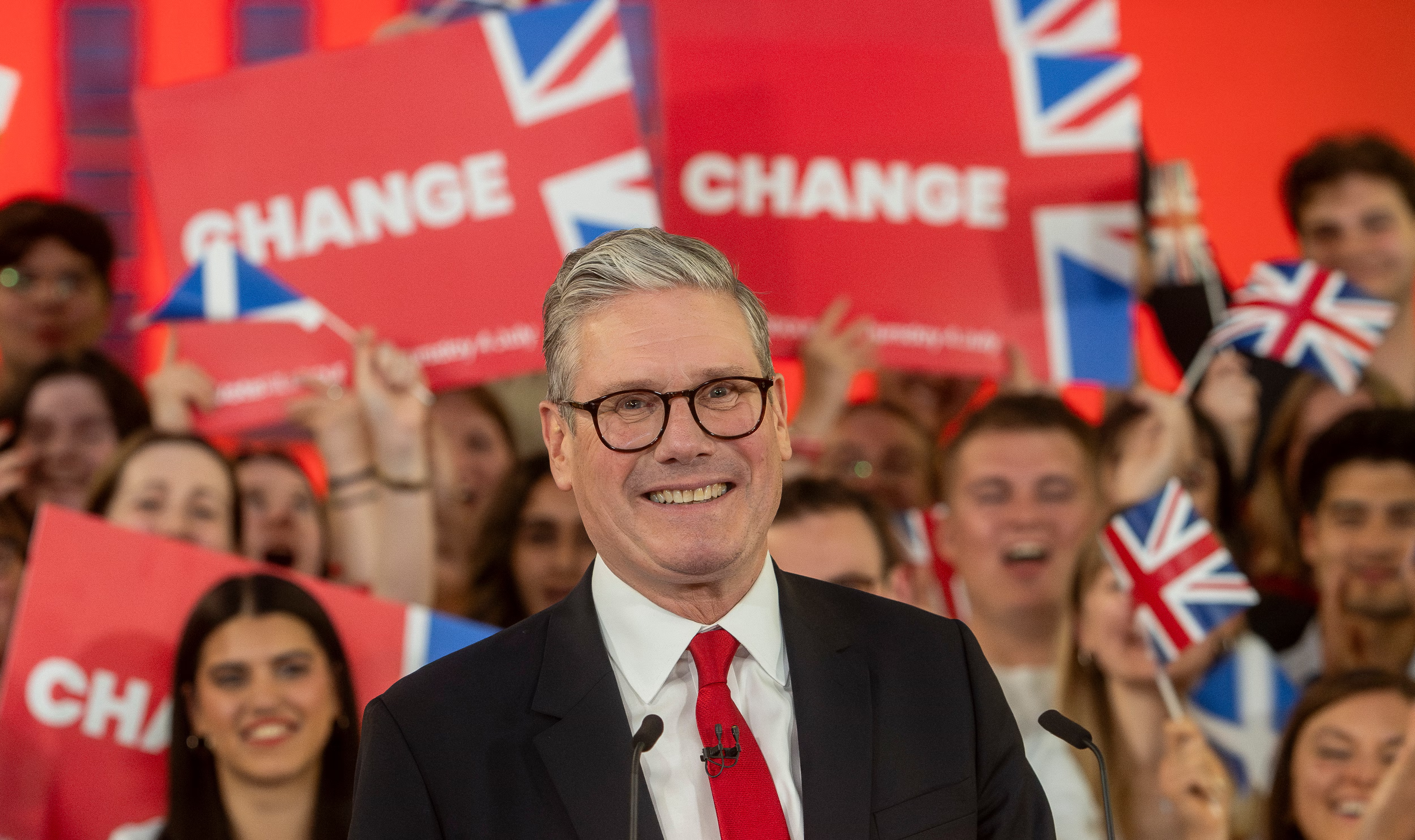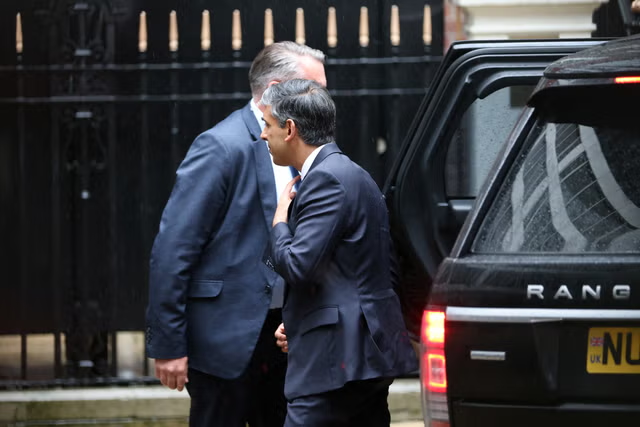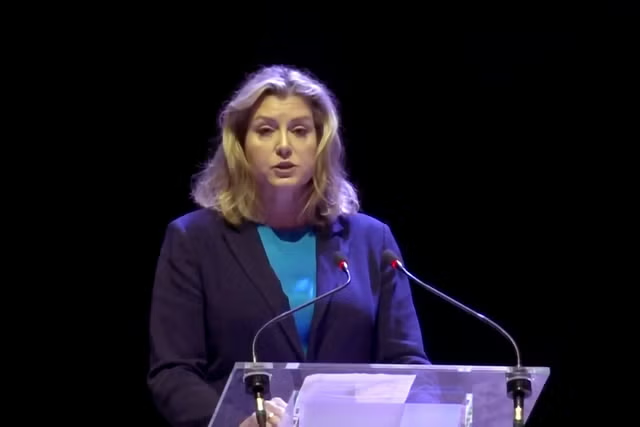Support truly
independent journalism
Support Now
Our mission is to deliver unbiased, fact-based reporting that holds power to account and exposes the truth.
Whether $5 or $50, every contribution counts.
Support us to deliver journalism without an agenda.

Louise Thomas
Editor
Turnout at the General Election is on track to be the lowest for more than 20 years.
After 630 of 650 results had been declared, the turnout figure stood at 59.8%.
This compares with an overall turnout of 67.3% at the last election in 2019.
If the figure stays around 59.8%, it would be the lowest turnout at a general election since 2001, when it was 59.4%.
Were the figure to fall below 59.4%, it would rank as the lowest turnout at a general election since the Second World War.
The highest turnout at a general election since the war was 83.9% in 1950, according to figures compiled by the House of Commons Library.

Turnout remained above 75% at every post-war general election until 1970, when it dipped to 72.0%.
It then stayed above 70% at every election until plunging to 59.4% in 2001 – since when it has never been above 70%.
Sir Keir Starmer will be the UK’s new Labour prime minister after a Conservative rout saw former premier Liz Truss and 11 serving Cabinet members lose their seats.

Outgoing Prime Minister Rishi Sunak said he took responsibility for the electoral mauling inflicted on his party as it suffered its worst ever result.
On a dramatic night:
– Ms Truss lost to Labour in Norfolk South West, where she had been defending a notional majority of more than 24,000.
– Eleven ministers who sat around the Cabinet table were ousted, comfortably exceeding the previous record of seven set in 1997
– Commons Leader Penny Mordaunt, Defence Secretary Grant Shapps, Welsh Secretary David TC Davies, Transport Secretary Mark Harper, Attorney General Victoria Prentis and veterans minister Johnny Mercer lost to Labour.
– Education Secretary Gillian Keegan, Justice Secretary Alex Chalk, Science Secretary Michelle Donelan and Culture Secretary Lucy Frazer lost to the Liberal Democrats.
– Chief whip Simon Hart lost to Plaid Cymru.
– Tory deputy chairman Jonathan Gullis and former cabinet minister Sir Jacob Rees-Mogg were beaten by Labour.
– But party chairman Richard Holden won by just 20 votes in Basildon and Billericay and outgoing Chancellor Jeremy Hunt held off a Lib Dem challenge in Godalming and Ash.
– Former Labour leader Jeremy Corbyn held on to his seat as an independent.
– Reform UK leader Nigel Farage won a Commons seat at his eighth attempt and promised his party would “stun all of you” as it picked up four Commons seats.
– The Greens also picked up four seats, including co-leader Carla Denyer defeating shadow culture secretary Thangam Debbonaire in Bristol Central.
– Shadow paymaster general Jonathan Ashworth, who played a prominent role in the party’s media campaign, lost his seat to an independent as Labour’s stance on Gaza cost them votes.
Disclaimer: The copyright of this article belongs to the original author. Reposting this article is solely for the purpose of information dissemination and does not constitute any investment advice. If there is any infringement, please contact us immediately. We will make corrections or deletions as necessary. Thank you.



